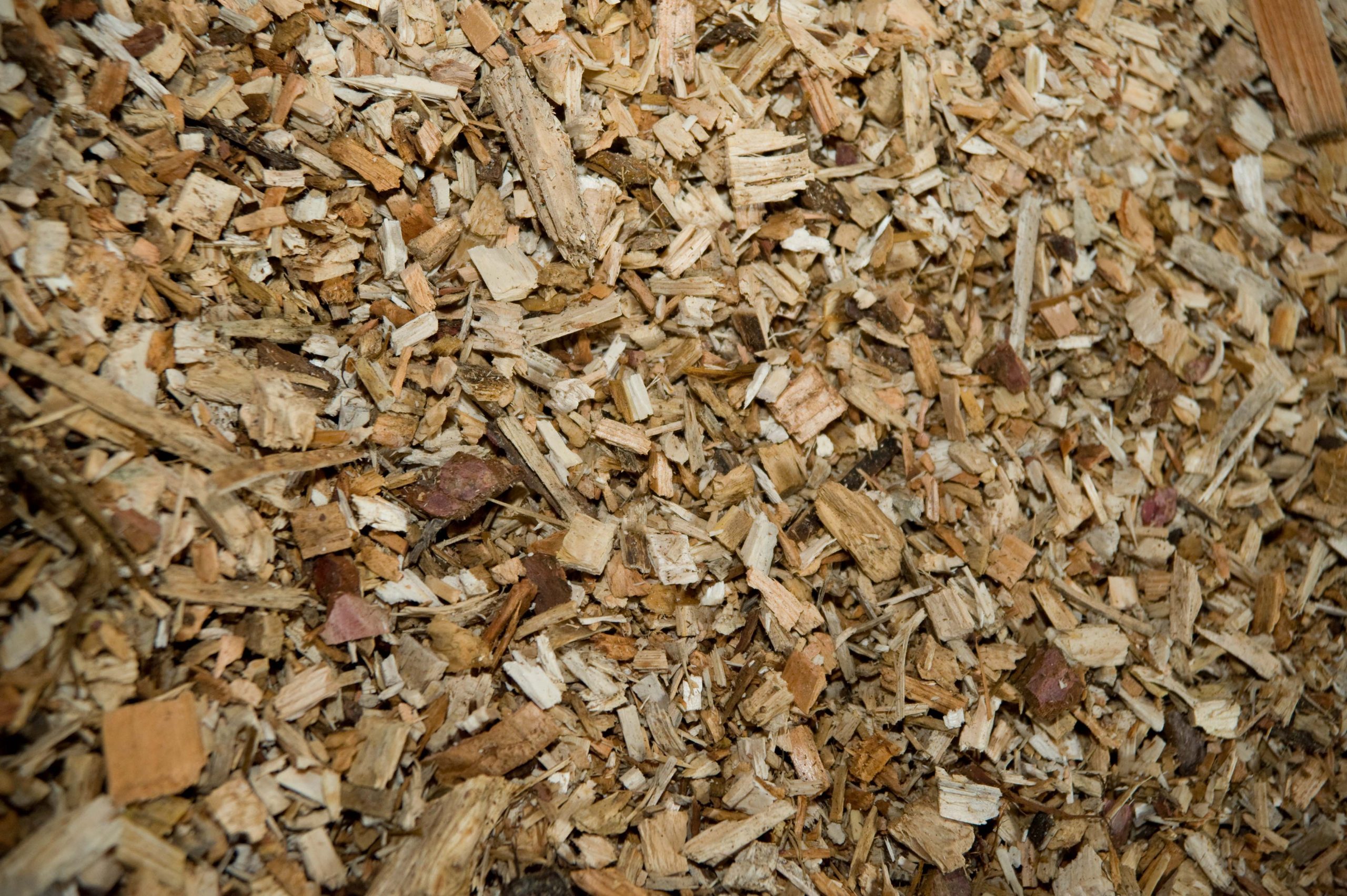Solid biomass fuel has been an unsung hero of the renewables transition in the last fifteen years.
We’re not talking here about the much publicised wood pellets used in Drax Power station in Yorkshire, we’re going to explain the tens of thousands of biomass boilers that have been installed to heat homes, businesses and public buildings here in the UK.
Biomass (or Wood) Fuel describes, in this context, wood chips and wood pellets for use in modern, automated, high efficiency boilers.
Wood Chip Fuel
Wood chip fuel is used principally in the larger biomass boilers – Schools, Hospitals, Prisons, District Heating or Industrial process. The chips are manufactured specifically for fuel use to specific standards relating to moisture content, particle size, ash content and contaminants. Most wood fuel is made from virgin wood rather than scrap wood, as it is easier to control these parameters.
Some perceive the cutting down of trees for fuel is environmentally bad. However, we all value things made out of wood, be that fencing, furniture, doors and windows, pencils, picture frames, whole houses….the list goes on. Wood fuel fits into the existing timber market by providing a value for sawmill off-cuts and for thinnings – the small diameter trees that must be removed from woodlands in order for larger trees to grow into valuable sawlogs, capable of being made into all those products. The production of wood fuel is very much part of the wider woodland and forest management process.
The UK model for wood chip fuel production is very much localised. Regional processing firms, sourcing timber from woodlands within generally 50 miles or so, drying, chipping and storing for dispatch to customers, again, generally within tens of miles.
There is fossil fuel used in the transport and processing of wood chip fuel, but compared to oil or gas, the carbon savings are around 95%. Not quite zero carbon, but very low carbon.
Wood Pellet Fuel
Wood pellets are compressed sawdust, and are usually 5-6mm diameter and 10-15 mm long. They have a lower moisture content than wood chips, therefore they have a higher energy density. This makes them ideal for domestic and small commercial wood boilers. This greater density and greater consistency means that the fuel handling element of the boiler need not be so robust. Again, there are stringent, international quality standards for this fuel.
Wood pellet production is less localised. There are a handful of large scale wood pellet production plants in the UK, often based at sawmills where there is a ready supply of sawdust. The UK market does rely on imported wood pellets, mainly from plants in Europe. Supplies to the UK have been affected by the war in Ukraine, with all UK distributors voluntarily boycotting supplies from Russia.
Pellets are not zero carbon, but low carbon, as with wood chips.
Wood Fuel for Businesses.
Wood fuel, either chips or pellets, has to be a consideration for UK businesses aiming to decarbonise, especially for those currently reliant on heating oil or LPG, where the cost savings can be very significant.
Fuel delivery and handling is mechanised, delivered straight into a silo or bunker by HGV. The maintenance requirements of a biomass boilers are slightly higher than that of a fossil fuel boiler, but not at all onerous.
Solar PV and Wind Turbines are visible. The media talk about Heat Pumps, but tens of thousands of reliable, modern and clean burning biomass boilers are out there on industrial estates, farms, in town and city centres, and in every conceivable type of building.
We have extensive real-world experience of biomass and biomass heating, so if you want to understand more, please make contact.
Ewan Bent 20th June ’23
